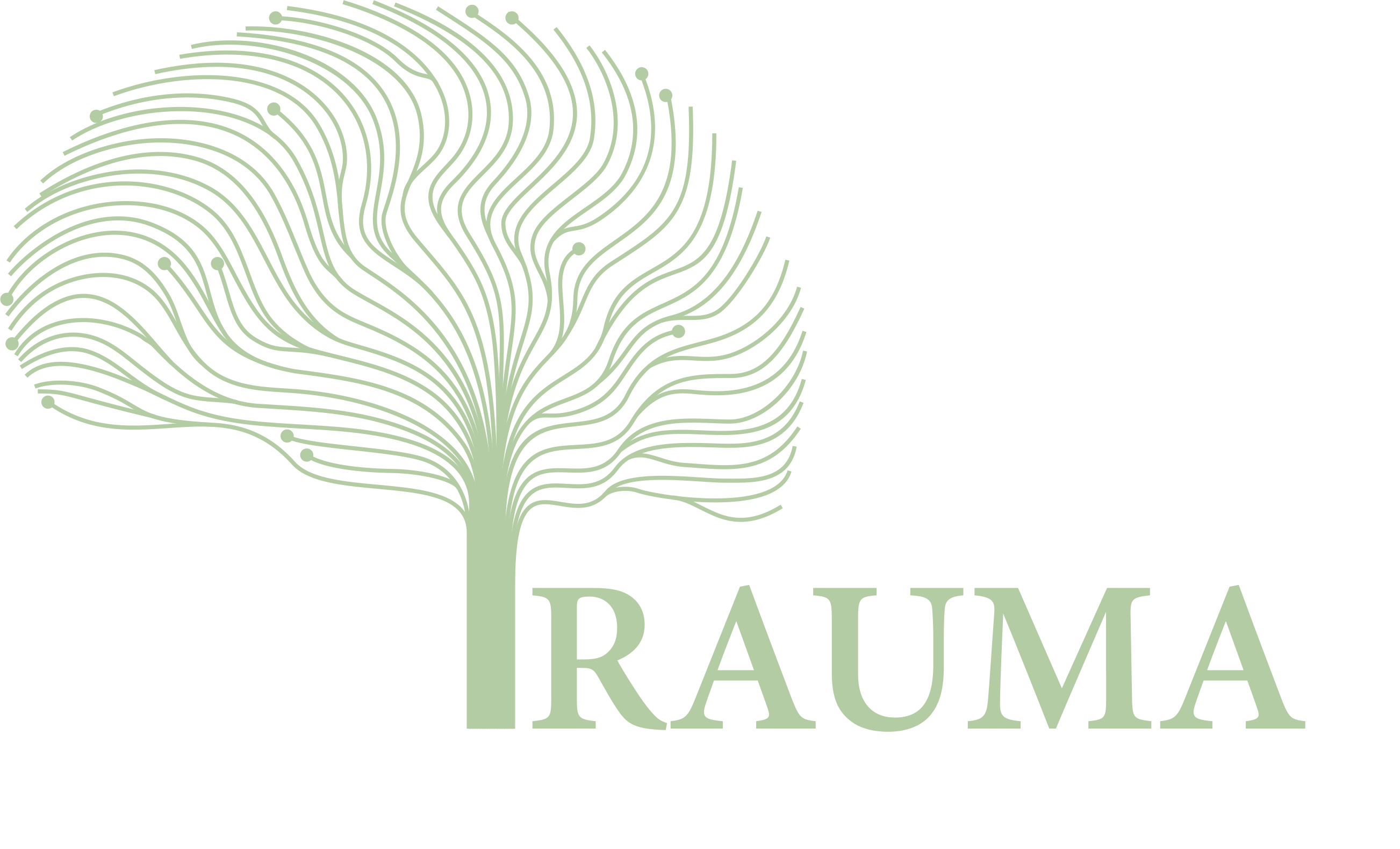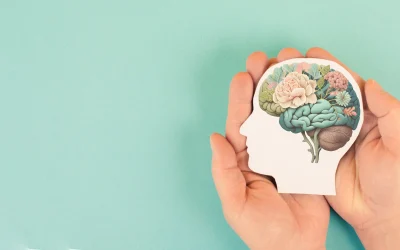Therapy for Complex PTSD
What is Complex PTSD?
Complex Post-Traumatic Stress Disorder, also known as Complex PTSD or C-PTSD, is a psychological condition that develops from chronic, repeated exposure to traumatic events. It affects the amygdala, hippocampus, and prefrontal cortex of the brain: the areas responsible for memory, emotions and learning. Although C-PTSD was recently added to the World Health Organization’s (WHO) International Classification of Diseases – 11th Edition, it is not yet recognized by the American Psychological Association (APA) as a subcategory of PTSD in the DSM-5.
PTSD v. C-PTSD
Both Post Traumatic Stress Disorder and Complex Post-Traumatic Stress Disorder evolve from traumatic experiences that generate similar symptoms. General PTSD emerges from a singular traumatic event and can affect all age groups. On the contrary, C-PTSD occurs from long-lasting trauma that repeats for an extended period (months to years) and mainly originates from early childhood trauma. Individuals with C-PTSD experience general PTSD symptoms, in addition to the following three symptoms that are specific to Complex Post-Traumatic Stress Disorder:
1. Emotional Dysregulation
2. Negative Self-Concept or Low Self-Esteem
3. Relationship Challenges
Symptoms of Complex PTSD
Re-experiencing the Traumatic Event – Individuals with C-PTSD will often re-experience their trauma in the form of flashbacks and nightmares that intrude on the present. These involuntary, recurring experiences are a part of the intrusion effects of PTSD.
Hypervigilance and Heightened Arousal – Individuals who have been exposed to trauma are often highly sensitized to their environment. Unknown situations can cause an individual to become overwhelmed or anxious which can lead to further problems with trouble sleeping or concentrating. Body-based trauma therapies can be helpful to treat these symptoms.
Inability to Control Emotions – Those with C-PTSD often have difficulty regulating how they feel. This can be displayed by intense mood swings, inability to control anger or frustration, and heightened depression.
Avoidance and Detachment – The stressors attached to a traumatic event will often leave individuals detaching from the people and environment that trigger the memories. This can happen intentionally or subconsciously at times.
Emotional Dysregulation – Exposure to trauma can lead to dysregulation of the Autonomic Nervous System (ANS) which regulates involuntary body functions. It can also lead to imbalances in the Parasympathetic Nervous System (PNS) that connects the brain to the spinal cord and the Sympathetic Nervous System (SNS) that triggers an individual’s “fight-or-flight” response. These imbalances can lead individuals with C-PTSD to be in a state of either hyper-arousal or hypo-arousal. More recent studies cite that in addition to fight or flight, some people will freeze or overly ingratiate themselves to others in response to complex trauma.
Negative Self-Concept – Helplessness, shame, and guilt are common feelings experienced by those with C-PTSD. It is very common for individuals to blame themselves for the trauma or have other forms of cognitive changes as a result of their trauma, leading to a negative perception of their own self-worth.
Interpersonal Disturbances – With an absence of trust in other people and an absence of confidence in oneself, individuals with C-PTSD often struggle to maintain healthy relationships with others. Establishing and maintaining rewarding intimate connections, regulating emotions when reacting to others, and creating boundaries are some common struggles within survivors of C-PTSD.
What causes C-PTSD and how is it diagnosed?
Complex PTSD results from repeated abuse and trauma over an extended time with no opportunity for escape. Complex PTSD is more common when interpersonal trauma occurs, especially in the context of a caregiving or familial relationship. Some examples of these traumas include the following:
● Child abuse/neglect
● Domestic violence
● Childhood soldiering
● Torture
● Slavery
Complex PTSD is often misdiagnosed or diagnosed as multiple disorders, partially because of its complexity and because it is not yet recognized in the Diagnostic and Statistical Manual of Mental Disorders, Fifth Edition (DSM-5). To complicate things further, C-PTSD can in fact coexist with other mental health disorders. When diagnosing an individual based on WHO’s ICD-11, mental health professionals will evaluate an individual’s symptoms, medical history, mental health history, and trauma exposure. Many client’s with C-PTSD and related symptoms looking for accurate diagnoses will rely on Comprehensive Psychological Evaluations from psychologists experienced with this and related disorders.
How is Complex PTSD Treated?
Psychotherapy – Licensed mental health professionals approach Complex PTSD treatment in various ways. A few common treatments include TF-CBT, Prolonged Exposure (PE) Therapy, EMDR, and CPT. With trauma-focused Cognitive Behavior Therapy (CBT), individuals not only begin to understand how their body responds to trauma/stress, but they learn how to manage their symptoms, reframe their problematic thinking, and experience exposure methods. Eye Movement Desensitization and Reprocessing (EMDR) is a common method used to make traumatic events less triggering over time and Cognitive Processing Therapy (CPT) helps an individual address the thoughts and emotions that have developed from a trauma. If you believe you may have C-PTSD, it is recommended that you seek out therapists with specialized experience in treating this condition.
Medication – Although there are no existing medications approved by the FDA to treat C-PTSD providers will often prescribe medications such as antidepressants (SSRIs or SNRIs), anti-anxiety medications, and sleeping pills to suppress symptoms. If you believe you may have C-PTSD, it is recommended that you seek out psychiatrists with specialized experience in treating your specific symptoms. Overall, for C-PTSD it is recommended that most individuals seek out therapy to process their thinking and support their current functioning as well as medications to manage current symptoms.
Coping with Complex PTSD
● Exercise to reduce stress and improve overall mood
● Set goals and set up ways to maintain your accountability
● Surround yourself with people and places that provide a sense of security and comfort
● Join support groups
● Express your emotions and thoughts to others who will accept you
● Write down your thoughts and feelings with a focus on healing and self-growth
● Be patient and understanding with oneself
References
Cleveland Clinic Medical, C. C. M. (n.d.). Complex PTSD. Cleveland Clinic. https://my.clevelandclinic.org/health/diseases/24881-cptsd-complex-ptsd
Matthew Tull, P. (2023, February 15). What Is Complex PTSD (C-PTSD)?. Verywell Mind. https://www.verywellmind.com/what-is-complex-ptsd-2797491
Schwartz. (2021). The Complex PTSD Treatment Manual : An Integrative, Mind-Body Approach to Trauma Recovery. (1st ed.). PESI.
World J Psychiatry. (2018, March 22). Complex posttraumatic stress disorder: The need to consolidate a … National Library of Medicine . https://www.ncbi.nlm.nih.gov/pmc/articles/PMC5862650/


